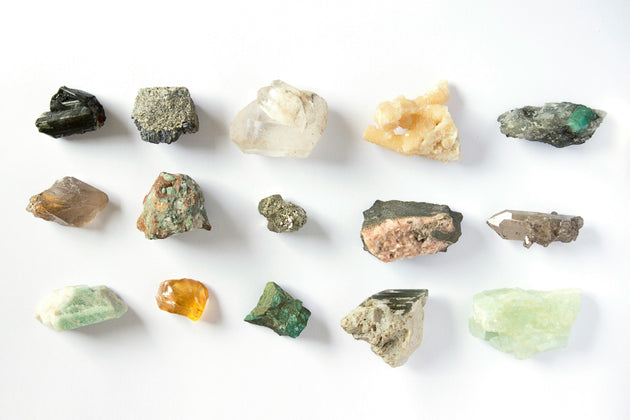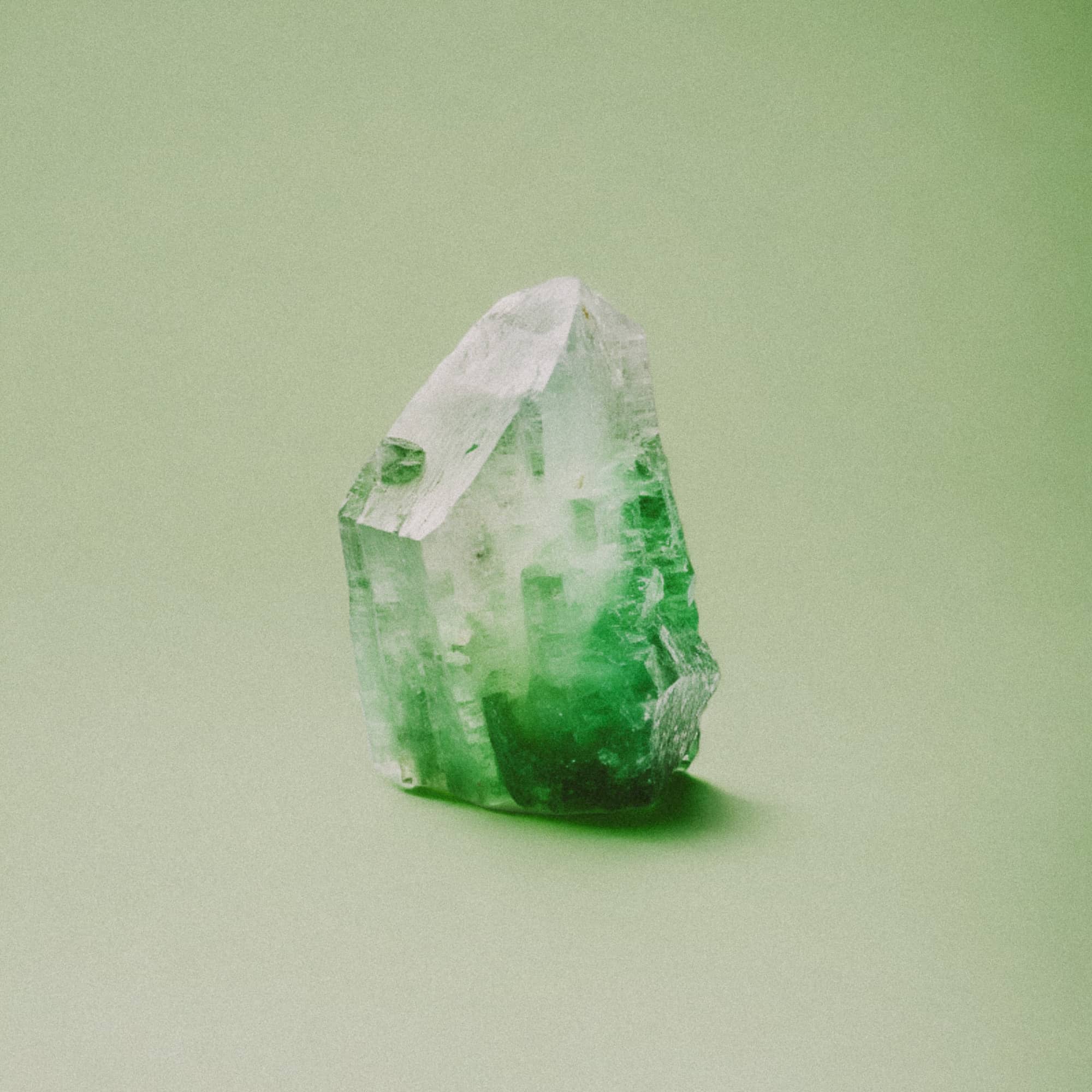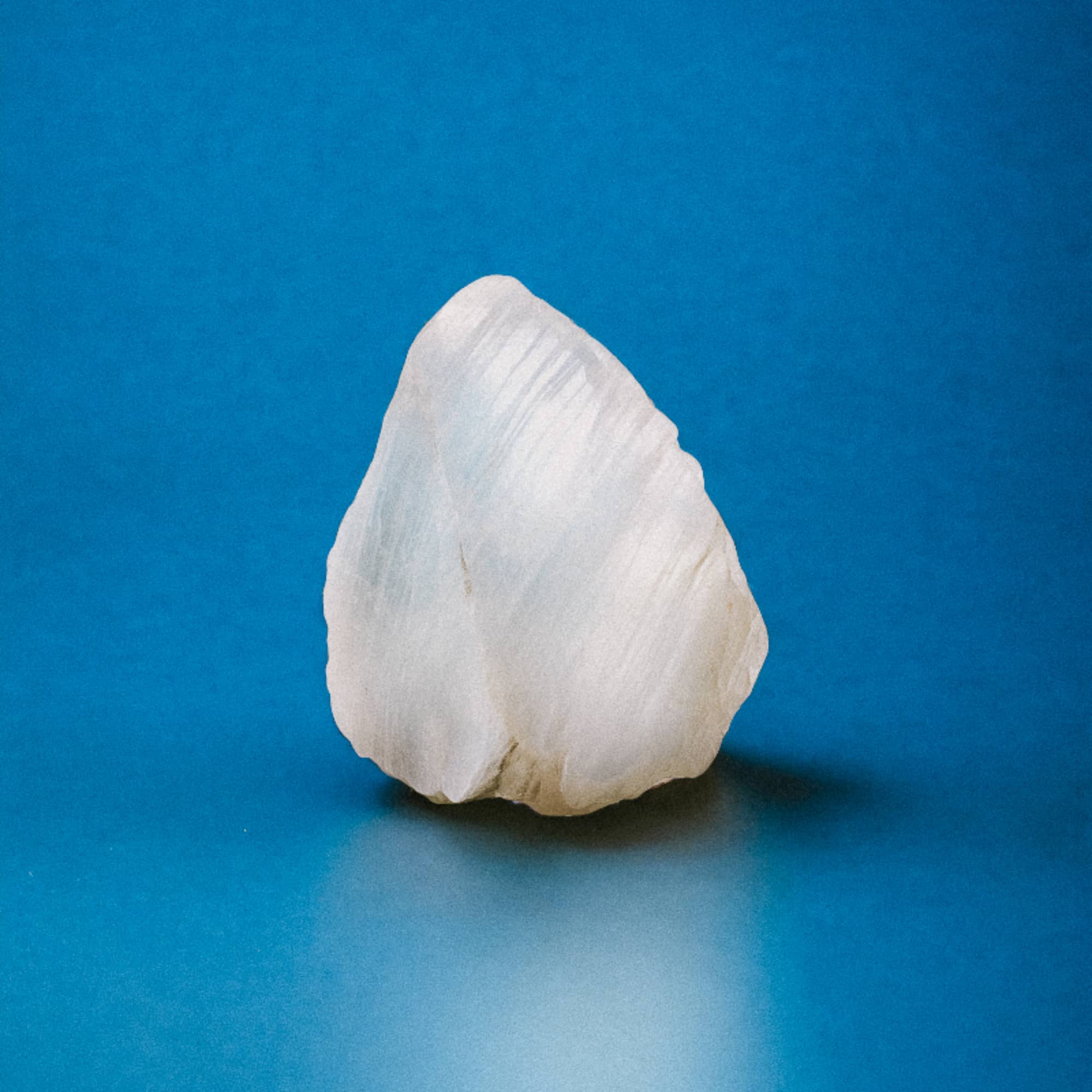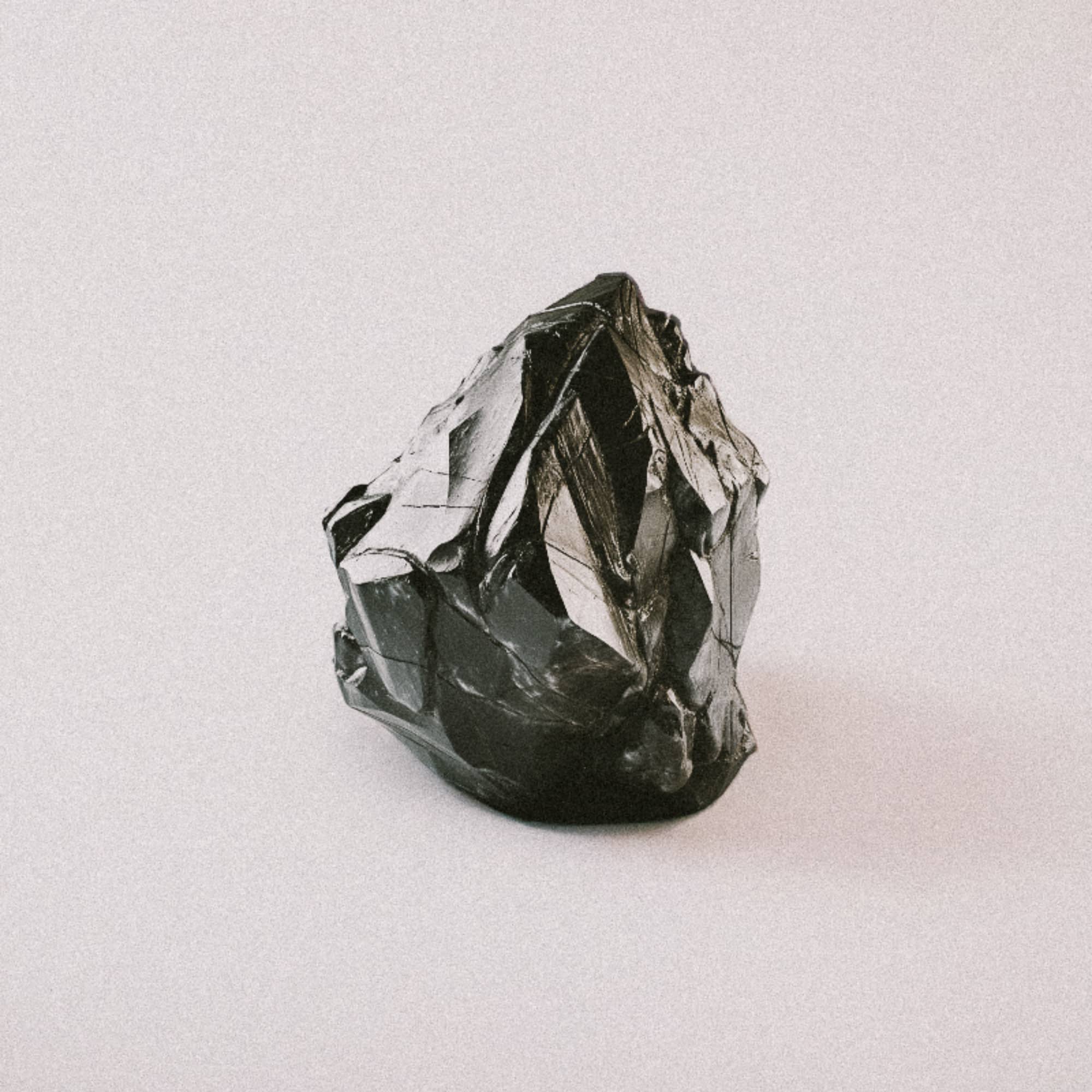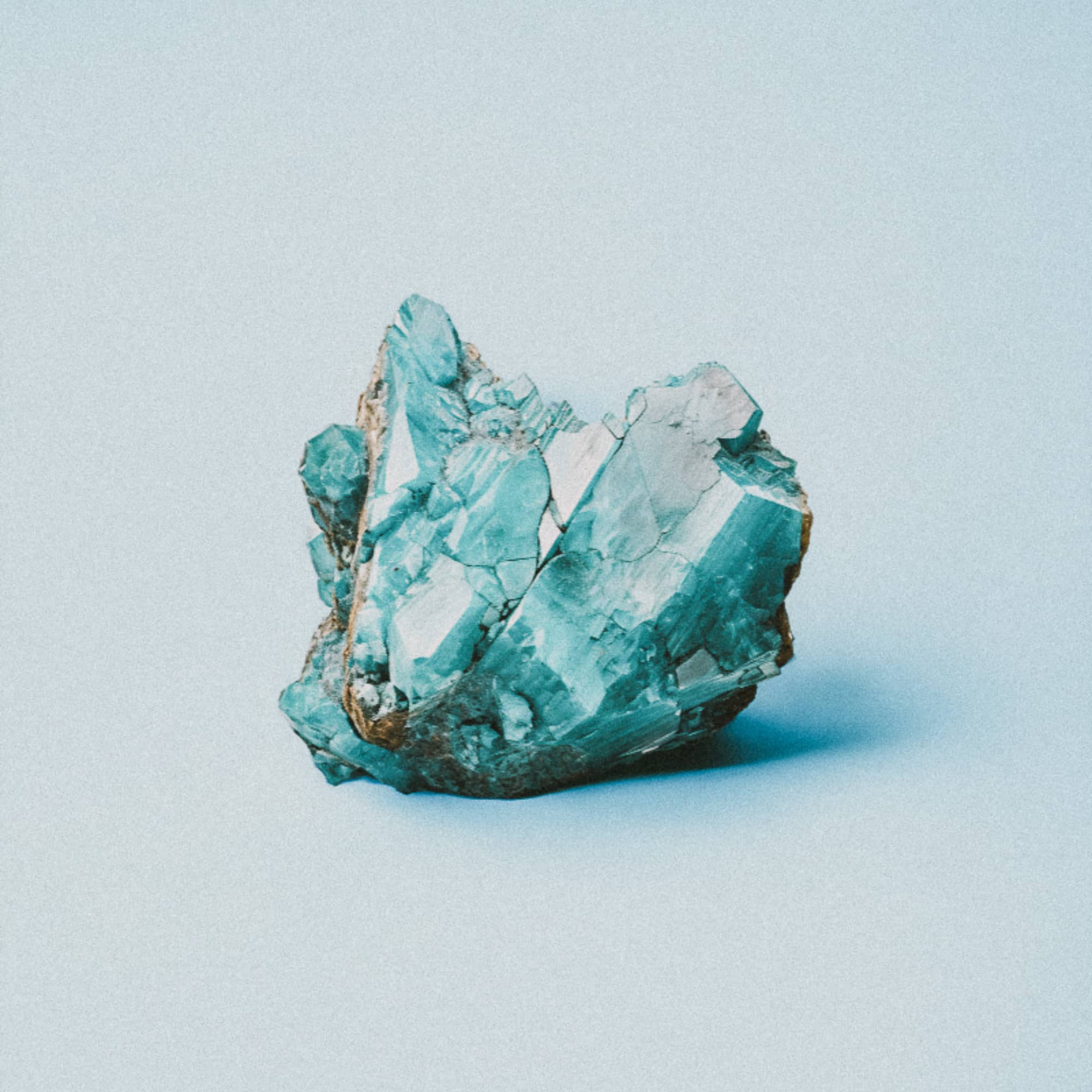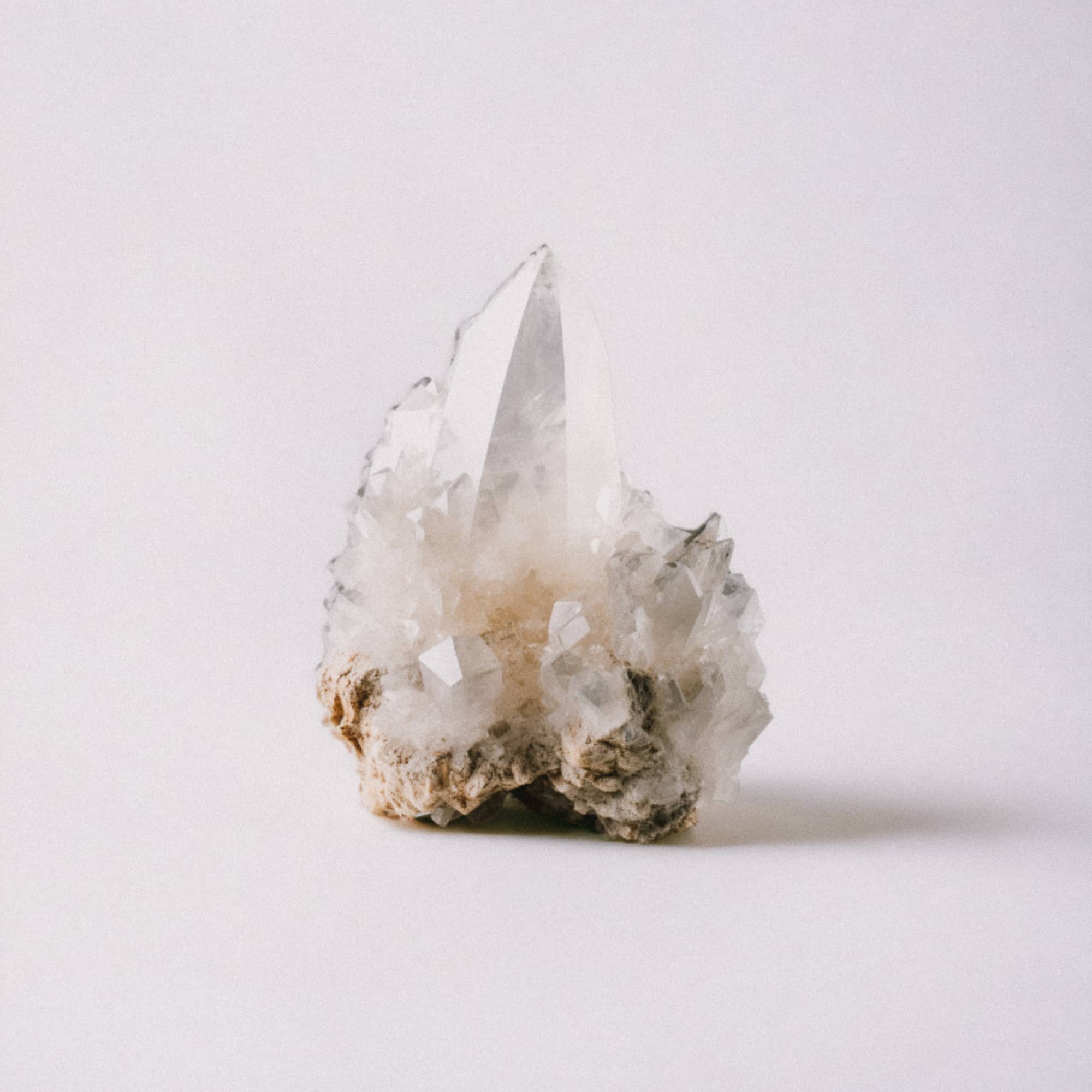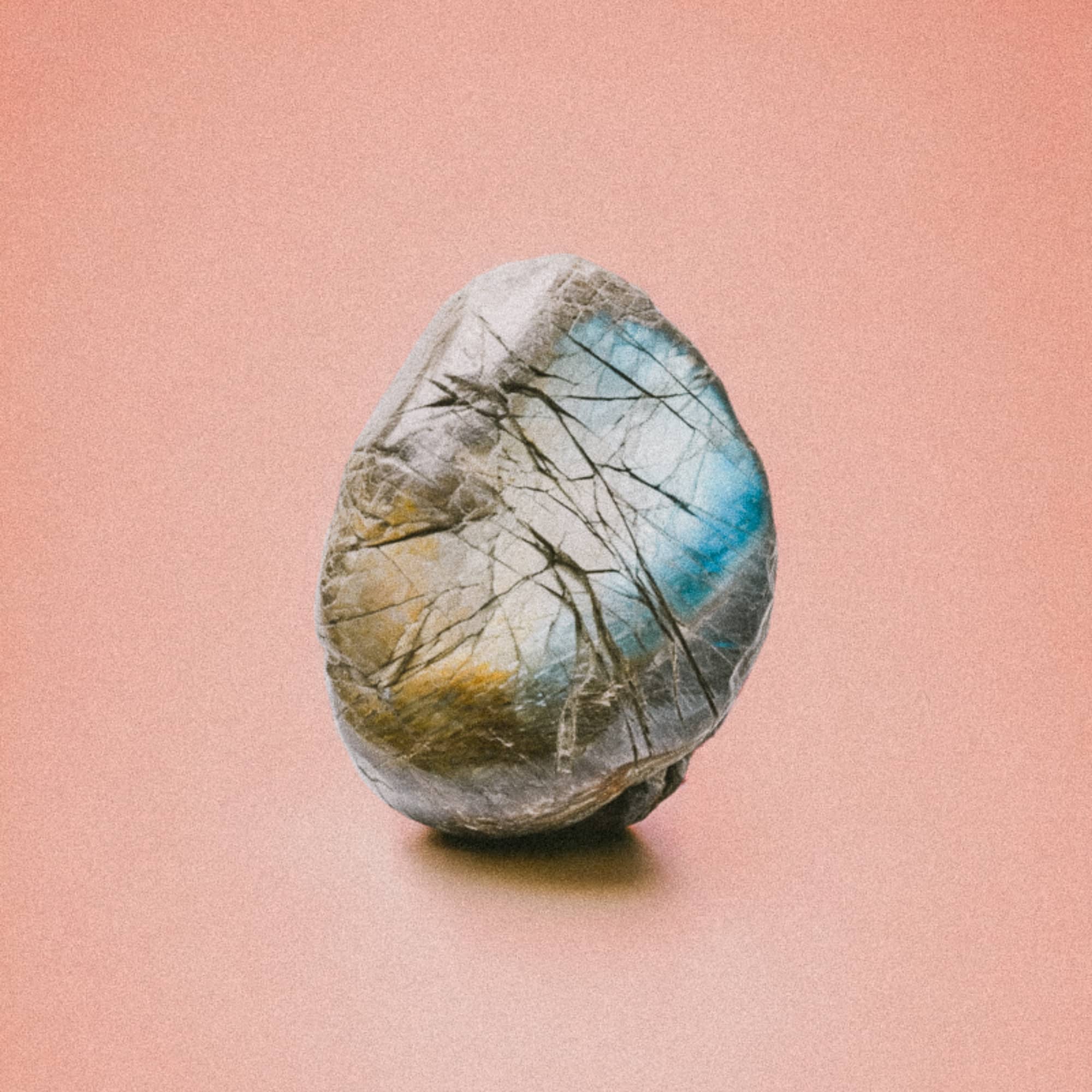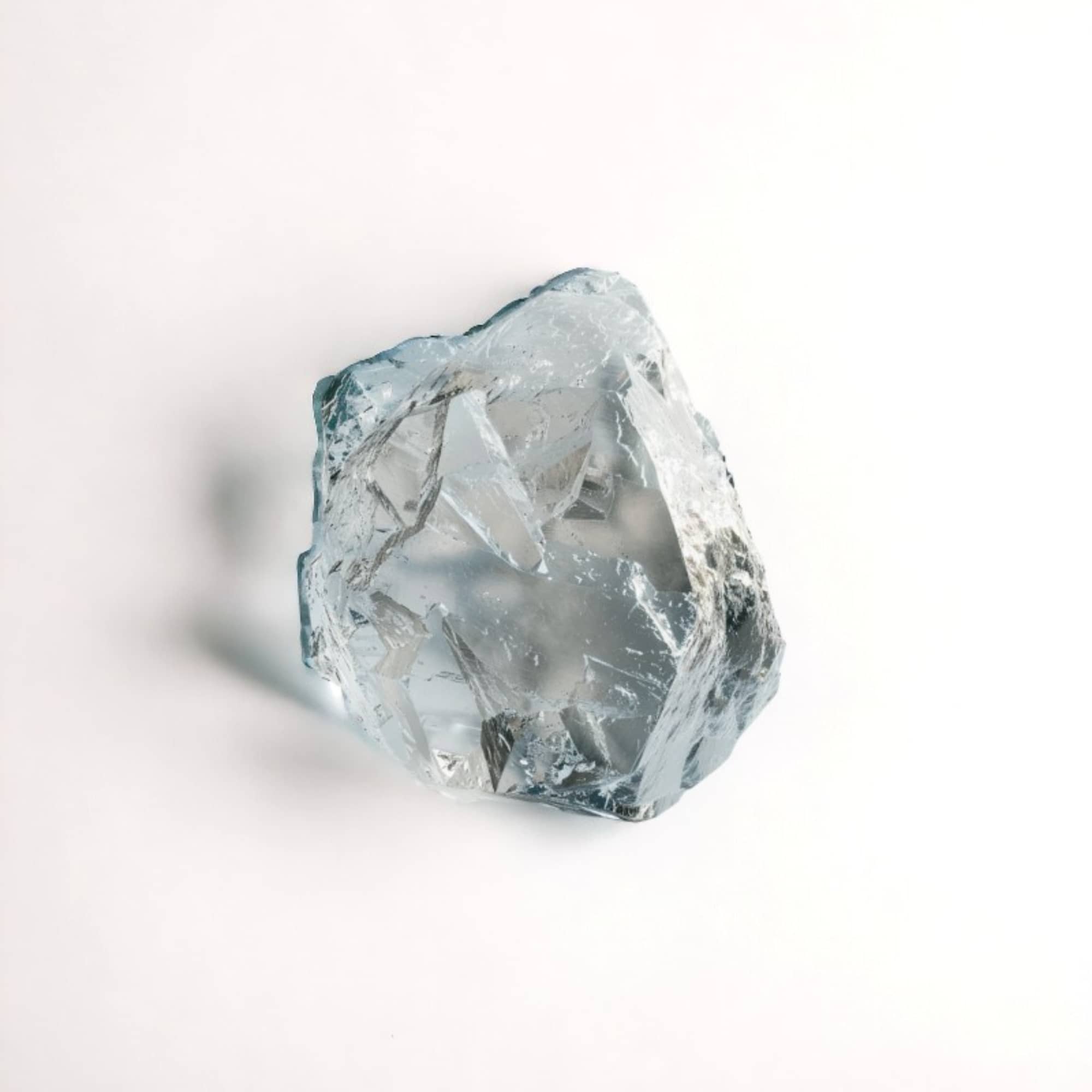History & Origins
The name "aventurine" derives from the Italian "a ventura", meaning "by chance", an allusion to the chance discovery of this stone or its resemblance to aventurine glass accidentally manufactured in 18th-century Italy. However, the use and appreciation of aventurine goes back well before that time, with evidence of its use in various ancient civilizations.
Ancient civilizations
In ancient times, aventurine was used by the Greeks, Romans and Egyptians, not only as an ornament or jewel, but also for its healing and protective properties. The Greeks associated it with the goddess of love, Aphrodite, believing that the stone fostered love and brought luck and prosperity.
Ancient Tibetans used aventurine to decorate statues and altars, particularly those dedicated to the goddess Kuan-Yin, a symbol of compassion and healing. They believed the stone enhanced concentration and creativity, and used it in their meditations to calm the mind.
Medieval Europe and the Renaissance
In the Middle Ages and during the Renaissance, aventurine was sought after by alchemists and healers. They used it in their elixirs and amulets, attributing to it healing powers for the heart and mind, as well as the ability to attract good fortune and abundance.
Cultural meaning
Through the centuries, aventurine has retained its reputation as a stone of prosperity, courage and strength. It is often associated with adventure and discovery, encouraging wearers to open their hearts to new possibilities and remain true to themselves.
Green aventurine, the most common, is particularly linked to nature and growth, recalling the reborn greenness of spring and symbolizing regeneration and a new beginning.
The history and origins of aventurine testify to its enduring importance and universal appeal throughout the ages. From antiquity to the present day, this stone continues to inspire those seeking beauty, healing and renewal in their lives. Its heritage, steeped in mystery and magic, enriches our connection with the past and invites us to explore the abundance of the present with courage and optimism.

Provenance
Aventurine is a semi-precious stone distinguished by its variety of colors and sparkling inclusions, giving each stone its own unique character. Although green aventurine is the best known, this gem also comes in blue, red, orange, yellow and even gray. Aventurine's provenance plays a crucial role in its specific characteristics, including color, quality and inclusions.
Main deposits
Brazil
Brazil is one of the world's leading producers of aventurine, particularly green aventurine. Brazilian deposits provide a wide range of qualities, from deeply colored translucent stones to more opaque varieties.
India
India is also renowned for its aventurine deposits, particularly in the Tamil Nadu and Rajasthan regions. Aventurine from India can present a rich palette of colors and is often used in jewelry and sculpture.
Russia
Russia, particularly in the Urals, offers quality aventurine, with a predominance of green and red. Russian specimens are prized for their vibrant hues and distinctive sparkling effects.
China
China produces aventurine in a variety of colors, including the less common blue and yellow. Chinese deposits are an important source for the world gem market.
Influence of Provenance
Aventurine's provenance influences not only its availability and variety of colors, but also the metaphysical and healing aspects attributed to the stone. For example, green aventurine, associated with the heart and growth, is particularly valued for its connection with nature and ability to promote emotional balance and prosperity.
Diversity and beauty
The diversity of aventurine's provenance enriches the gemstone world with a wide range of choices for collectors, lithotherapy practitioners and jewelry enthusiasts. Each deposit brings its own unique touch to the gem, offering a rich history and natural beauty that captivates and inspires.
Provenance plays an essential role in aventurine's character and value, making each piece not only an object of beauty but also a link to the distant lands from which it came.
Features
Aventurine's unique qualities captivate collectors and gem lovers the world over. Its distinctive characteristics, such as color, inclusions and hardness, play a crucial role in its appeal and varied applications.
Color
The color of aventurine varies mainly according to the mineral inclusions present in the stone. The most common, green aventurine, derives its hue from small quantities of fuchsite, a form of chrome mica. Other colors, such as red and yellow, result from the presence of hematite and pyrite respectively. The diversity of colors available makes each aventurine stone unique, offering a wide palette for the creation of jewelry and decorative objects.
Inclusions
One of aventurine's most remarkable features is its sparkling effect, or aventurescence, caused by light-reflecting inclusions of mica or other minerals. This effect gives aventurine a glittering or shimmering appearance, particularly visible under direct light. The size, shape and orientation of the inclusions influence the intensity and quality of the aventurine.
Hardness
On the Mohs scale, aventurine has a hardness of 6.5 to 7, making it tough enough for jewelry use, but soft enough to require care to avoid scratches and damage. This hardness also makes it easy to cut and polish, offering great flexibility in shaping for different uses.
Transparency and lustre
Aventurine can vary from translucent to opaque, with luster ranging from vitreous to oily. The quality of transparency and luster influences the perception of color and adventurousness, with more translucent stones often showing a more pronounced sparkling effect.
Properties
Aventurine is much more than just an attractive gemstone; it is loaded with benefits and properties that have been valued throughout the ages. Its benefits extend from the physical to the spiritual, offering wearers and users a wide range of wellness enhancements.
Physical healing properties
Aventurine is renowned for its healing properties, particularly beneficial to the heart and circulatory system. It is often used to encourage regeneration and repair, contributing to overall health. This stone is also believed to promote healthy cell growth and help soothe skin rashes, allergies and migraines.
Emotional balance
Emotionally, aventurine brings calm and balance, helping to alleviate stress and anxiety. It is known to promote a positive state of mind, boosting self-confidence and the ability to handle difficult situations with resilience. The stone also encourages compassion and empathy, improving interpersonal relationships.
Spiritual and metaphysical benefits
Aventurine is strongly associated with prosperity and good fortune, considered a stone of abundance. It is believed to attract opportunity, foster creativity and innovation, and help fulfill personal and professional ambitions. In addition, this gem stimulates spiritual growth, encouraging the individual to embrace change and discover new perspectives.
Chakra harmonization
Specifically, green aventurine is linked to harmonization of the heart chakra, promoting emotional healing and enabling openness to loving energies. It helps release emotional blockages and cultivate feelings of well-being and inner harmony.
Energetic protection
Aventurine also serves as a protective shield against negative energies and harmful environmental influences. By creating a sphere of tranquility around its wearer, it helps to maintain a state of peace and serenity, even in the most tumultuous situations.
By integrating aventurine into everyday life, whether in the form of jewelry, stones to hold, or placed in a living space, we can benefit from its many benefits. Its gentle yet powerful energy promotes holistic well-being, helping to navigate the world with greater confidence, balance and openness.
Maintenance
Care of aventurine is essential to preserve its natural beauty and energetic properties over time. Although resistant, this semi-precious stone requires special care to maintain its brilliance and vitality.
Cleaning Aventurine
Aventurine can be cleaned with lukewarm water and mild soap. Use a soft cloth or soft-bristled brush to gently remove accumulated dirt. Avoid chemical or abrasive cleaners that could damage the stone surface. After cleaning, rinse the aventurine in clear water and dry it thoroughly with a soft cloth to remove all traces of moisture.
Precautions for use
Extreme temperature variations can affect the structure of aventurine. Avoid leaving your stone in environments that are too hot or too cold. Although relatively durable, aventurine can be scratched by harder materials. Store it separately from other stones and jewelry to avoid scratches.
Recharging Aventurine
Sunlight
Exposing aventurine to natural sunlight for a short period can recharge its energies. However, avoid prolonged exposure, which could dull its color.
Moonlight
A gentle and effective way to recharge aventurine is to place it under moonlight, especially during a full moon, to absorb its soothing and regenerative energies.
Contact with Nature
Because of its close connection with the earth, aventurine benefits from being placed in a natural environment, such as in the soil of a garden or next to plants, to renew its vibrations.
Other Methods
You can also recharge aventurine by placing it on a quartz cluster or next to an amethyst, which are renowned for their ability to purify and recharge other stones.
By following these care and recharging tips, you'll help your aventurine retain its splendor and amplify its beneficial properties, ensuring that this stone continues to be a source of well-being and inspiration in your life.
Adventurine, a gem as soothing in its color as it is in its vibrations, is a natural treasure that has provided inspiration and well-being through the ages and across cultures. Its wealth of healing benefits, its power to bring balance and prosperity, and its natural beauty make it a precious stone not only in the material sense, but also in its spiritual essence.
Caring for aventurine with proper care and regular recharging practices helps preserve and amplify its innate qualities. By keeping it in the best condition, you ensure that its beneficial properties continue to enrich your life, bringing a touch of serenity, creativity and harmony.
Aventurine reminds us of the beauty of commitment to our own growth and well-being. As a symbol of good fortune and renewal, it encourages us to open our hearts to opportunity and confidently embrace life's paths. Its gentle yet powerful energy is an invaluable ally in our quest for inner tranquility and balance, inviting us to find peace in the present moment while working towards a prosperous future.
Aventurine is not just a stone to be admired for its outward beauty; it is a spiritual companion who, with care and attention, guides us towards a more balanced, fulfilled life in harmony with the natural world. Its presence in our daily lives is a constant reminder of the subtle wonders of the universe, offering support and inspiration on our personal path to well-being.


